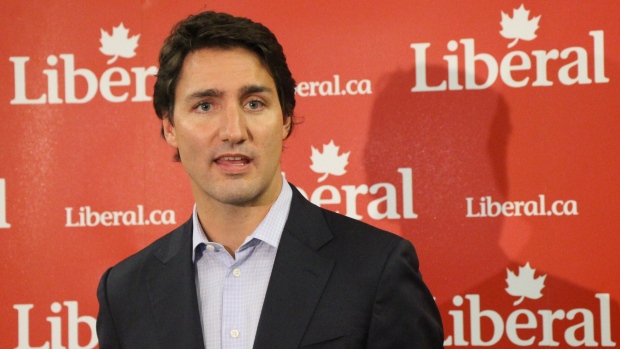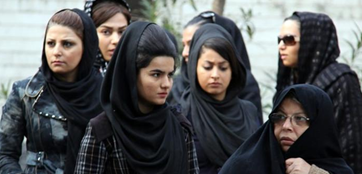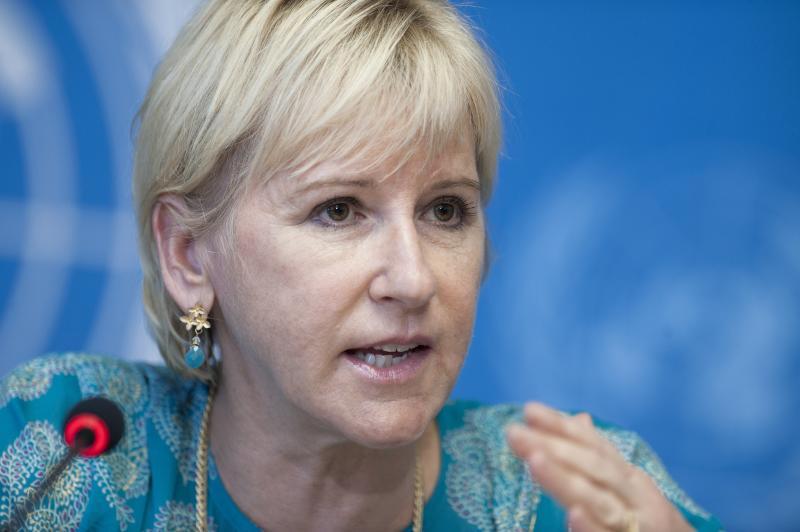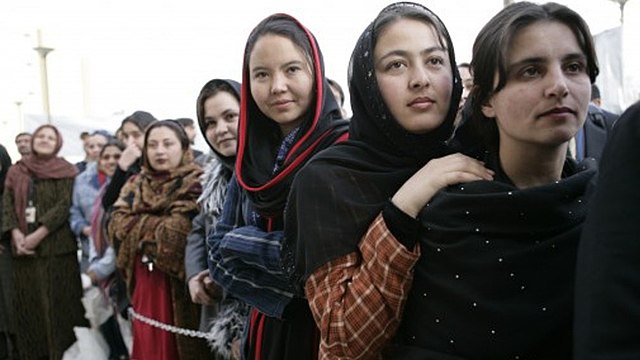In an open letter addressed to Justin Trudeau in September 2014, a group of former Liberal MPs attacked the leader of the Liberal Party of Canada for requiring all members of his party to vote in favor of abortion rights, citing Trudeau’s decision as being “discriminatory.” These seven former MPs argue that Trudeau’s strong position goes against the spirit of the Charter of Rights and Freedoms. In their letter, the MPs state that Trudeau’s decision “clearly discriminates against a select class of people, namely those who oppose abortions,” adding that by discouraging any member of his party in taking a pro-life stance, Trudeau is disregarding basic democratic principles.
While the Conservative Party of Canada has attacked the Liberal’s policy to force all MPs to vote the same way with regards to abortion concerns, Prime Minister Stephen Harper has asked his party to be open to the debate, but has not directed them to vote unanimously one way or another. Likewise, the Conservatives have refused to legislate on the matter, but continue to support what they label as “traditional family values.”
Today, women in Canada do have access to safe abortion clinics, with over 64,000 cross-national abortion cases reported in 2010.
The movement to liberalize Canada’s abortion laws began in the 1960s, when Justice Minister Pierre Trudeau introduced the Criminal Law Amendment Act of 1968-69, also known as the Omnibus Bill, which provided women access to safe abortions when the health of an expectant mother was deemed to be in danger by a three doctor committee. Following the passing of the bill, Trudeau famously announced that “there is no place for the state in the bedroom of the nation.”
Famed physician Dr. Henry Morgentaler was also a vocal advocate of pro-choice laws in Canada. He performed many illegal abortions within his Toronto clinic, resulting in his arrest and subsequent sentencing to 18 months in jail. Morgentaler would later become a key player in the 1988 Supreme Court decision to abolish Canada’s abortion law and to rule that Section 231 of the Criminal Code was unconstitutional. The court ruled that a woman’s ability to reproduce was her decision, and not the decision of the state, thus upholding Section 7 of Canada’s Charter of Rights and Freedoms by declaring that a woman has a right to “life, liberty and security.”
In response to the publication of the open letter, Trudeau tweeted that “the days when old men get to decide what a woman does with her body are long gone.” Liberal spokeswoman Kate Purchase added that “Canadians deserve to know that when they vote Liberal they will get an MP who will vote to defend women’s rights in the House.”
Like his father before him, Justin Trudeau is experiencing similar backlash with regards to pro-choice advocacy, making it clear that 26 years after the 1988 Supreme Court decision, abortion in Canada continues to remain one of the most controversial political topics.




